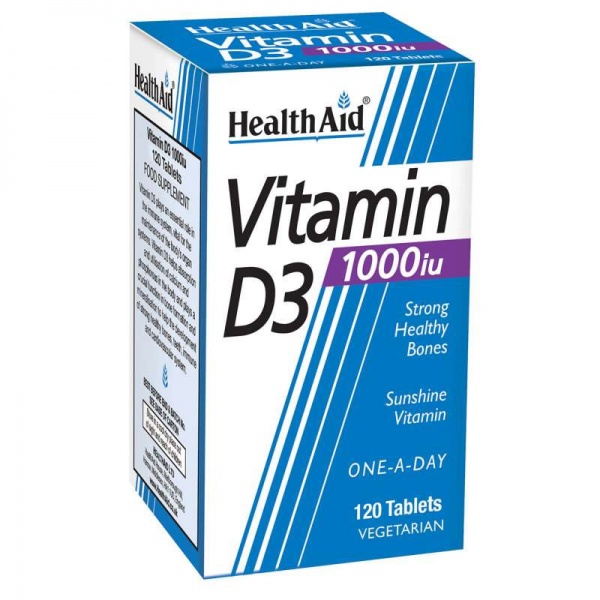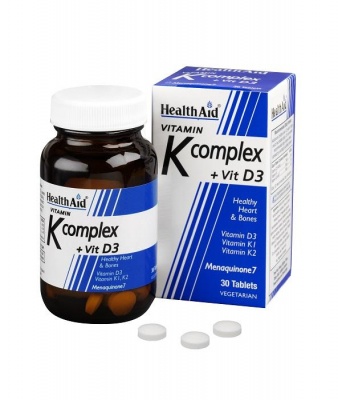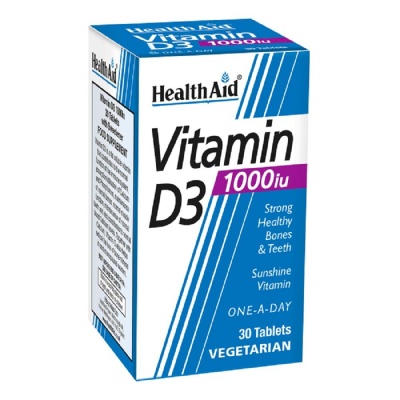Vitamin D is regarded as an extremely important health-sustaining factor because apart from being a vitamin it works as a hormone which can influence thousands of different human genes and cells. The active form of vitamin D is one of the most potent hormones in human body. We now know that it regulates more genes and bodily functions than any other hormone yet discovered! Recent studies suggest that maintaining our vitamin D levels at around 50ng/ml to 80ng/ml may have incredible health benefits relating to fat metabolism, immunity, viral infections, respiratory health, bone health, cardio-vascular health, blood glucose levels and both types of diabetes, hormonal balance, athletic performance, skin health, mood, joint health, ageing, migraines, sleep, and many other aspects of health and various conditions.
It is believed that in any cold or cloudy countries, such as England, almost every person may be deficient in vitamin D. In America 90% of population is deficient in the same vitamin. Surprisingly, also in very hot and sunny countries the deficiency of this vitamin seems to be rampant. In India, for instance, 80% of people are deficient in vitamin D. The reason for this is two-fold. First of all, people living there do not properly expose their bodies to the sun on a regular basis. The second and equally important cause is the very common today all over the world magnesium deficiency as without magnesium vitamin D remains inactive!
What are Vitamin D3 Tablets for?
- Absolutely crucial for the healthy function of the immune system
- Contribute to normal absorption/utilization of calcium and phosphorus
- Contribute to the maintenance of normal teeth, bones and muscle function
- Contribute to normal blood calcium levels
- Vitamin D3 has a role in the process of cell division
Vitamin D3 tablets may be of benefit to;
- People who wish to maintain strong healthy bones
- Individuals with compromised immune system
- People suffering from frequent infections
- Those who want to maintain normal blood pressure and blood glucose levels
- Elderly people who are more prone to bone disorders
- Elderly and growing children who may not be able to obtain adequate amount of the vitamin D
- People with a darker skin tone require higher doses of vitamin D






